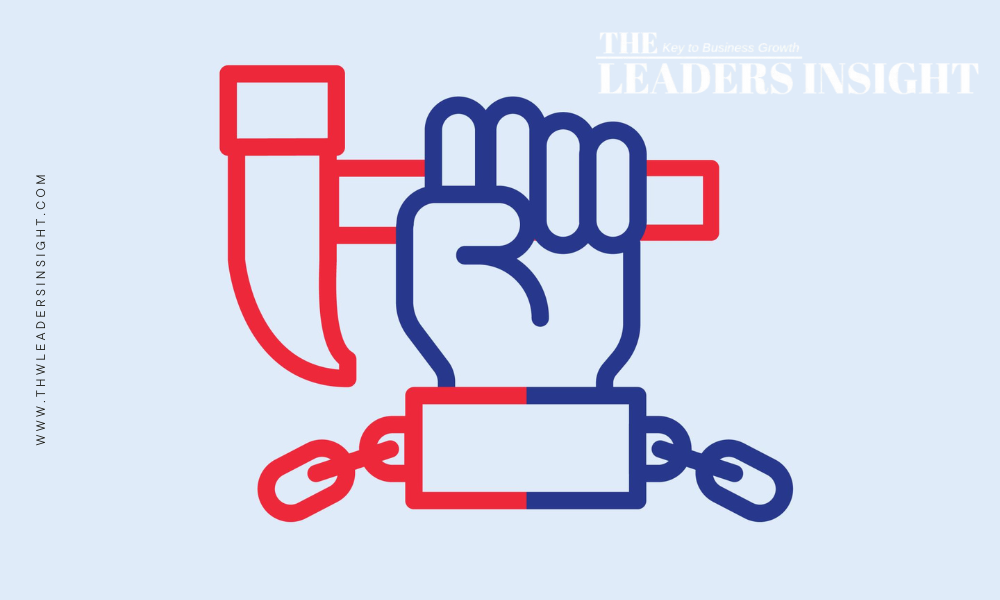California’s Proposition 6: Struggling to Ban Slavery

California’s Proposition 6 has emerged as a contentious issue in the upcoming election. The measure seeks to amend the state constitution to explicitly ban slavery and involuntary servitude, aiming to eliminate forced prison labor. Although this seems like a straightforward and progressive idea in a state known for its liberal policies, support for the proposition is waning, and it may not gain the traction needed to pass.
Currently, California’s constitution includes a loophole that permits involuntary servitude as punishment for crimes, similar to the 13th Amendment of the U.S. Constitution. This provision allows the state to require incarcerated individuals to work in various jobs, often for meager pay—typically less than $1 per hour. Approximately 40,000 out of the 90,000 individuals in California prisons are involved in forced labor, with refusal to work often leading to severe penalties, including delayed parole POLITICO
Despite the lack of formal opposition to Proposition 6, supporters are struggling to garner public understanding and support. Recent polling shows that only 41% of voters were in favor as of early October, a drop from previous months POLITICO. This decline appears to stem from confusion over the language of the proposition. The use of the term “involuntary servitude” rather than “slavery” has left many voters unsure about what the measure entails. Advocates are now focusing on educating the public about the proposal’s implications and sharing personal stories from formerly incarcerated individuals who have experienced these issues firsthand
In light of the challenges facing Proposition 6, supporters are ramping up their outreach efforts. Activists, including former inmates, are acting as ambassadors, sharing their stories to help voters understand the significance of the measure POLITICO. Sam Brown, a key figure in drafting the proposition while serving time, emphasizes that the measure is about ensuring fairness and humane treatment within the prison system. His narrative reflects a broader goal of rehabilitating individuals rather than simply punishing them through forced labor
Another complication for Proposition 6 is the concurrent ballot measure, Proposition 36, which aims to increase penalties for repeat offenders of certain crimes. This tougher approach may overshadow the more reform-oriented goals of Proposition 6
The push to ban involuntary servitude in California aligns with a national movement, as several other states have successfully passed similar amendments. For instance, states like Colorado and Nebraska have made strides in this area, with voters increasingly recognizing the moral implications of forced labor POLITICO. Nevada is also considering such a measure this fall, and supporters hope California can join this trend, but success hinges on changing public perceptions and increasing awareness about the implications of involuntary labor
As election day approaches, the fate of Proposition 6 remains uncertain. If it fails to pass, it may indicate a lack of commitment among voters to reform the prison labor system, potentially leaving the “slavery loophole” intact for years to come. Advocates continue to urge voters to consider the moral implications of forced labor and the importance of humane treatment for incarcerated individuals
